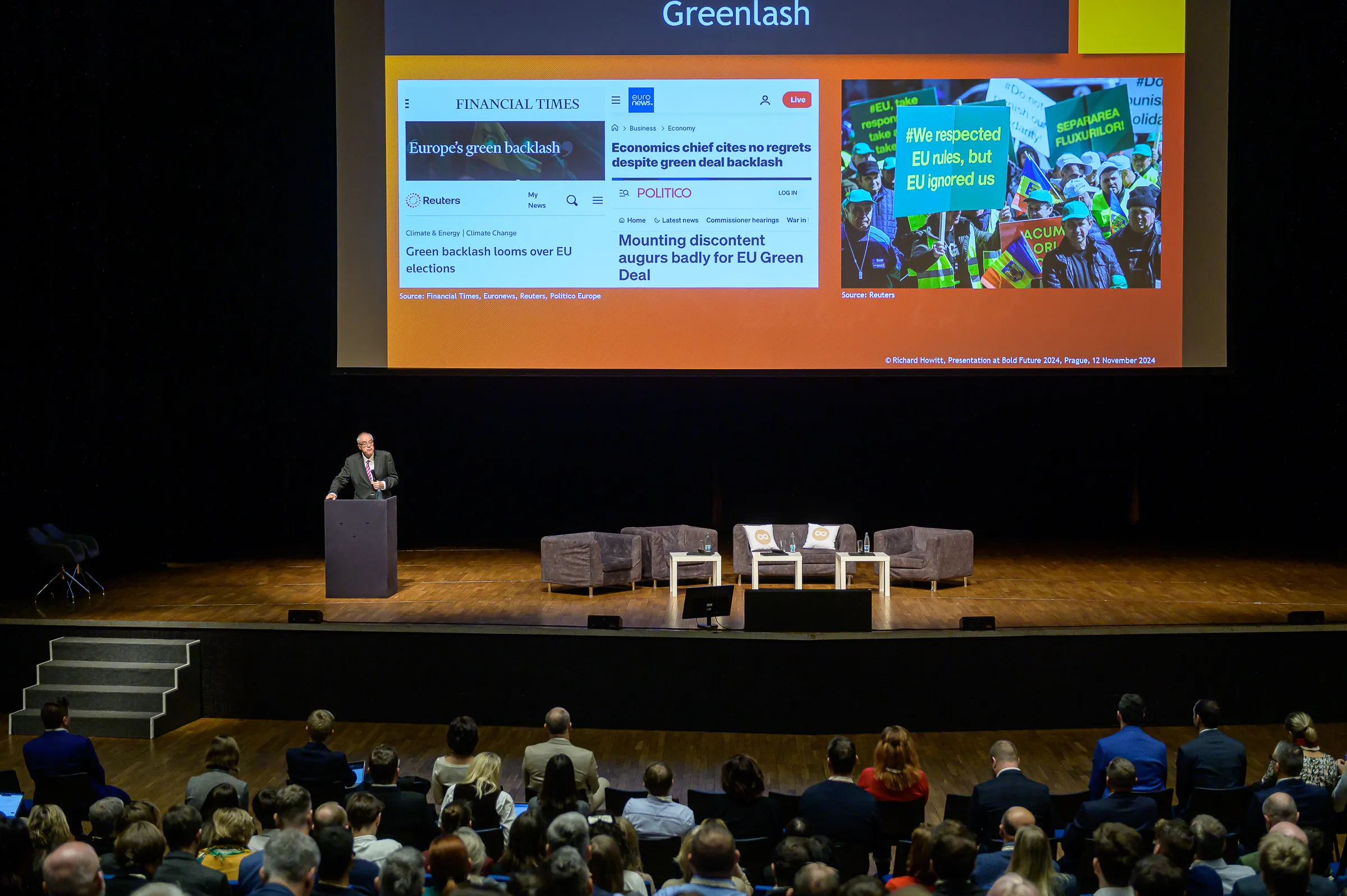
But even then, there are many changes ahead in terms of sea levels, rising temperatures, where people live and will be able to continue to live, weather conditions and even extreme heat in workplaces. All this will be a daily reality of our future lives and certainly of the lives of our children and grandchildren.
Businesses are inseparably linked to the local communities where their employees live. And good relationships with employees and the wider community are entirely compatible with good business, making decent profits, controlling costs and good financial management. These are not two sides that are opposed to each other.
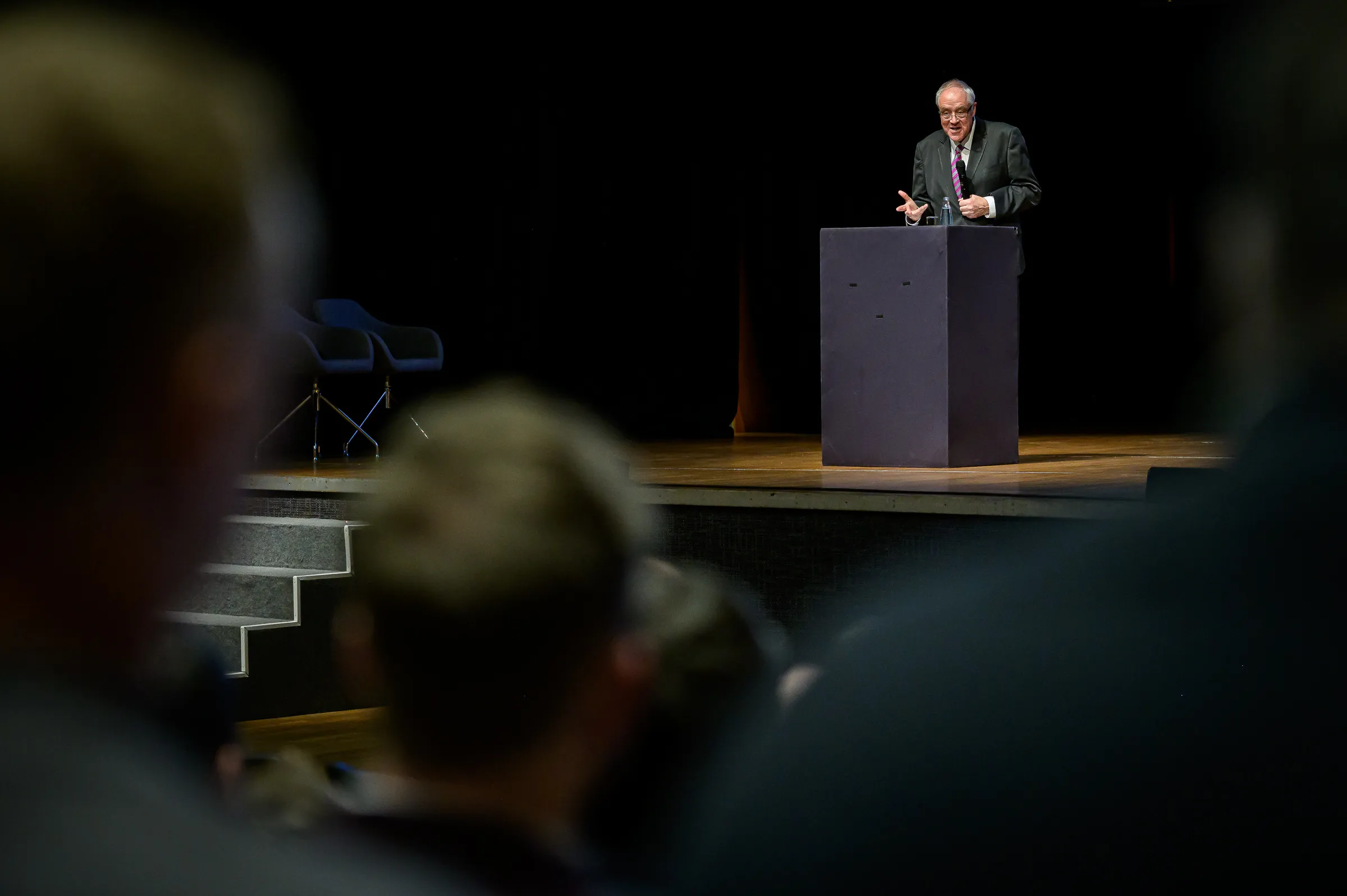
My appeal to Czech entrepreneurs is that they should not think that it stops at simply following the rules and filling in the right forms. I would prefer it if they did not fill in everything correctly, but at the same time made a good faith effort to do so.
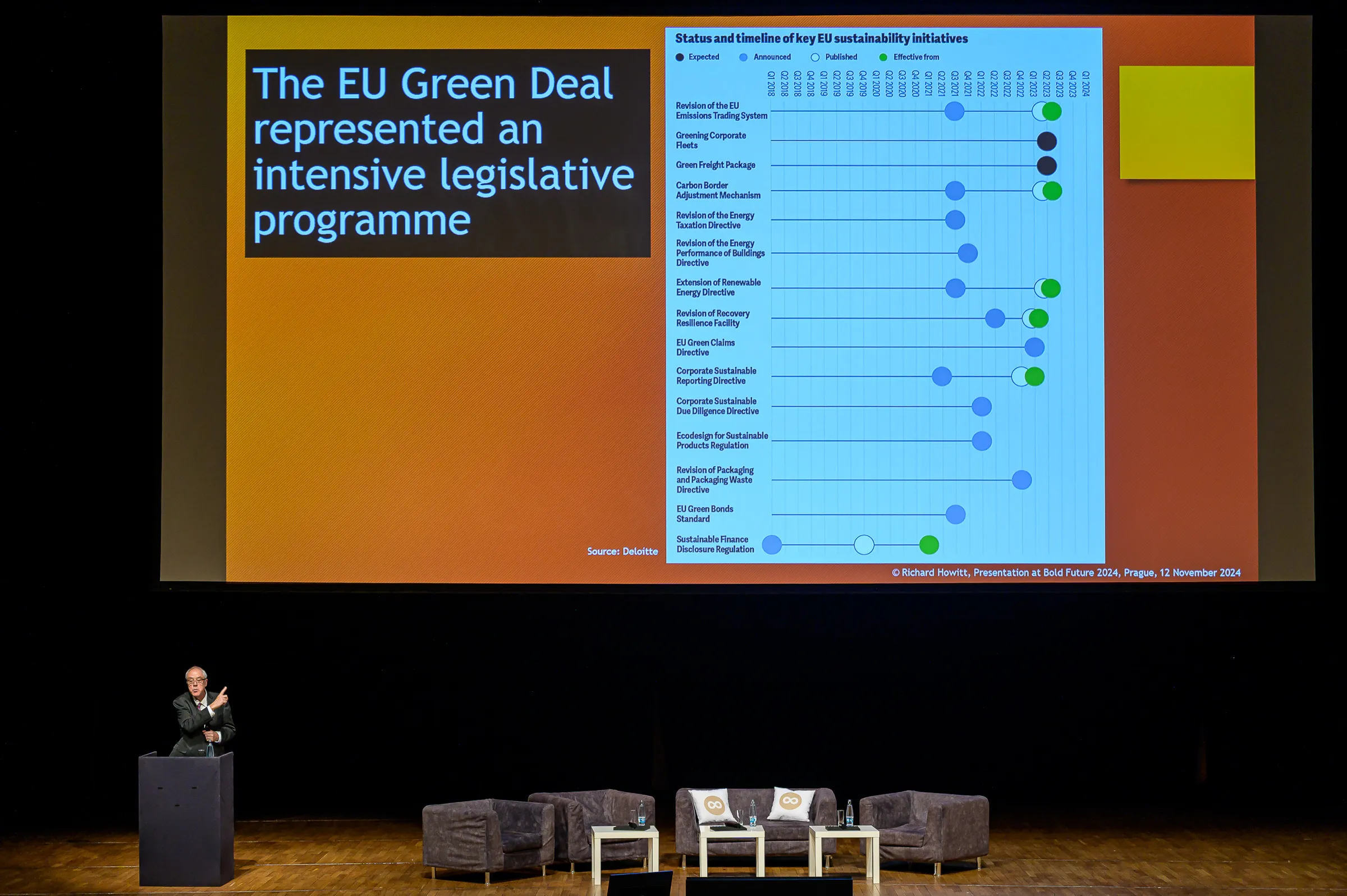
I would argue that it was Frank Bold's regular research on the Non-Financial Sustainability Reporting Directive that laid the basis for the revision of the CSRD.
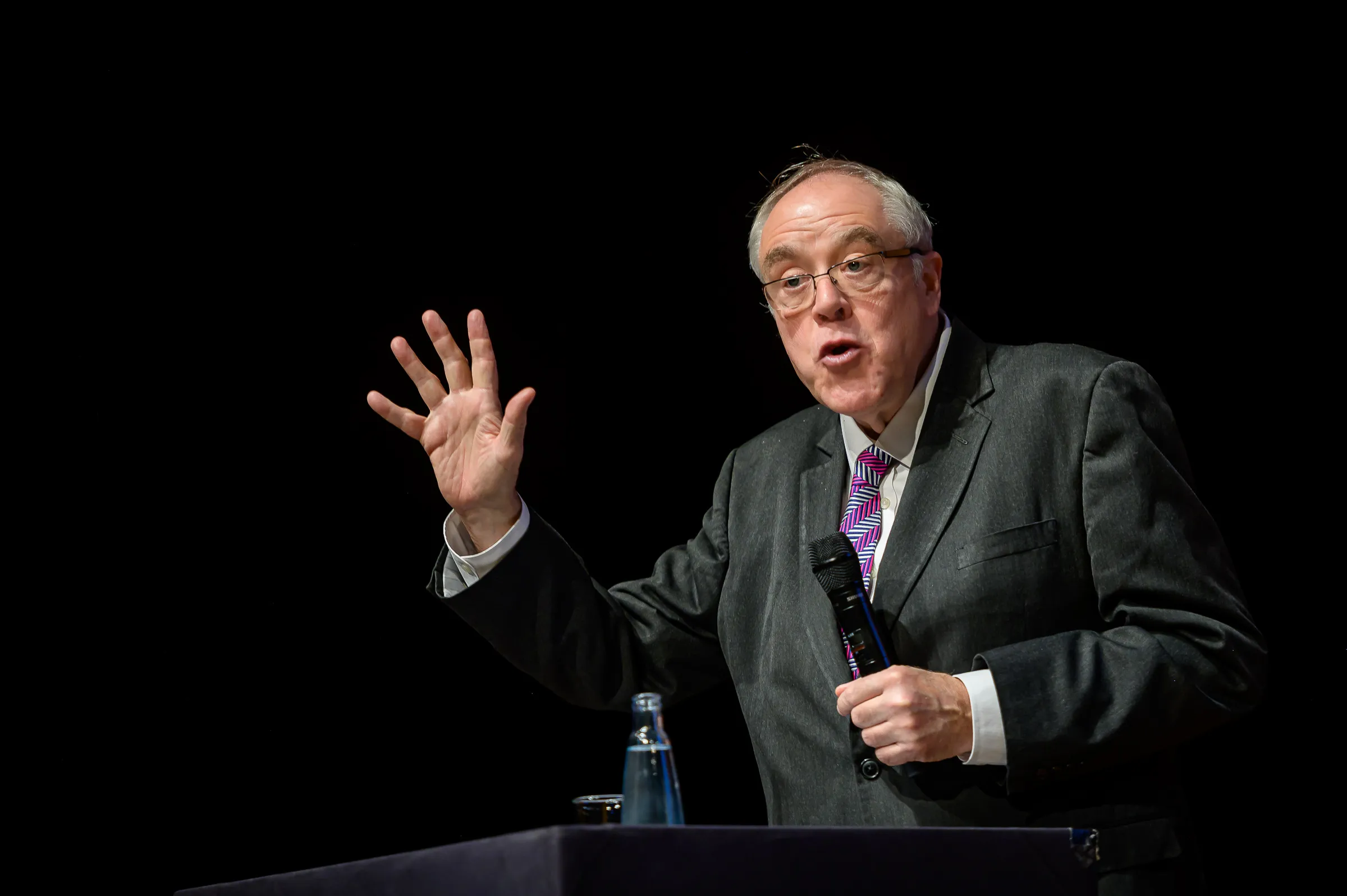
Conscious businesses today are therefore committed to ensuring that the children in their supply chain are not just thrown out of work without a second thought, but that their families are provided with livelihoods and assistance so that their children can be educated. Yes, it may mean that it will take longer for children to be able to stop working, but it is actually in their own interests.
Only when companies really take the monitoring of environmental and social impacts at face value and understand that it is essential not only for people outside the company but also for the future of the company itself that the transition to a low-carbon and socially inclusive business model will mean a change in the nature of the company, only then do companies have a chance of being successful in those 5, 10 or 15 years.
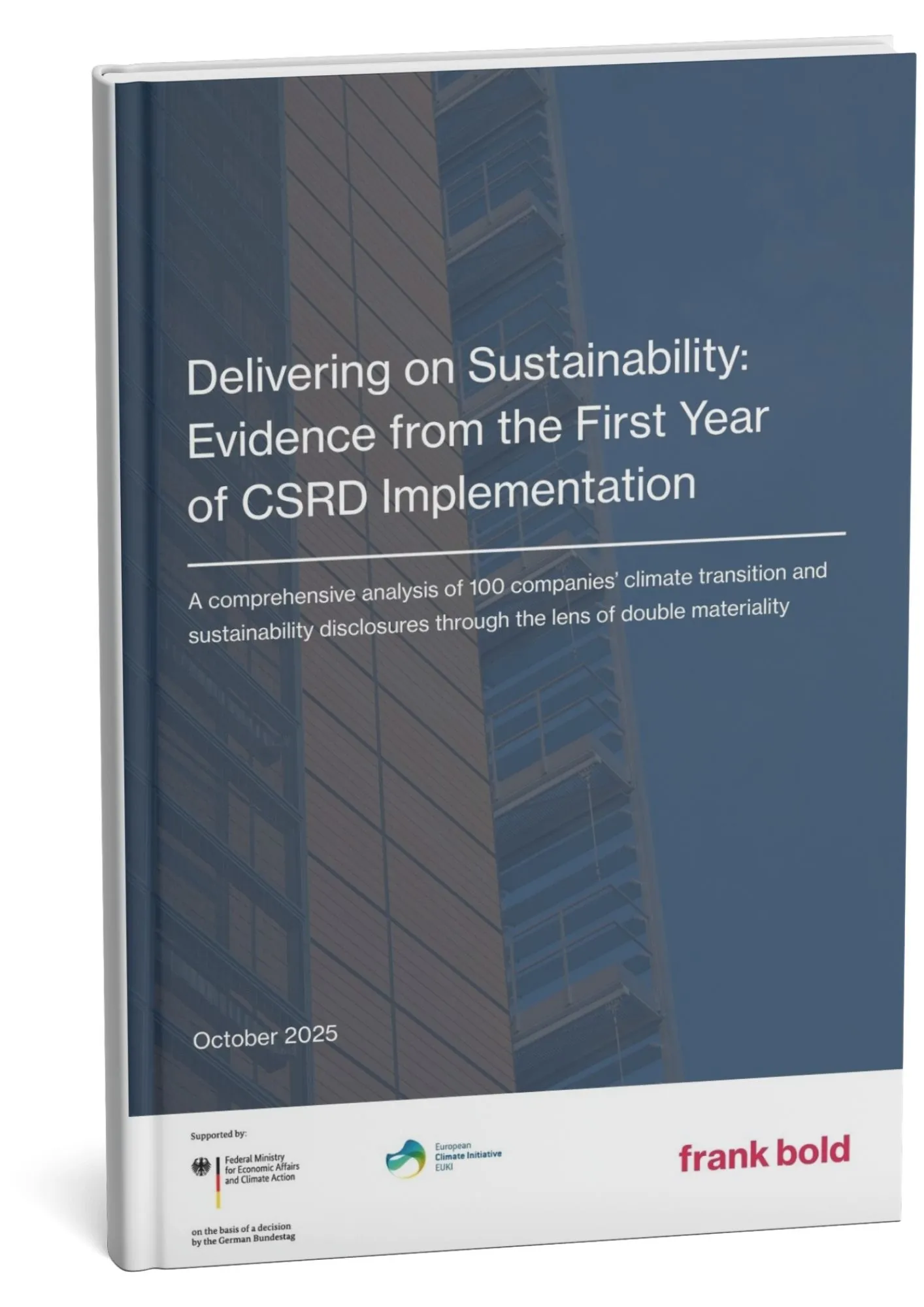
Discover how European companies are managing ESG reporting. The new study by Frank Bold’s Responsible Companies team summarizes the first wave of sustainability reports from one hundred major European companies and shows that reporting under the CSRD provides valuable data for decision-making and is becoming an effective tool for risk management. Publication is part of the European Climate Initiative (EUKI) of the German Federal Ministry for Economic Affairs and Climate Action (BMWK).

Comprehensive Sustainability Report aligned with CSRD.
.webp)
A simplified ESG report for your business partners.
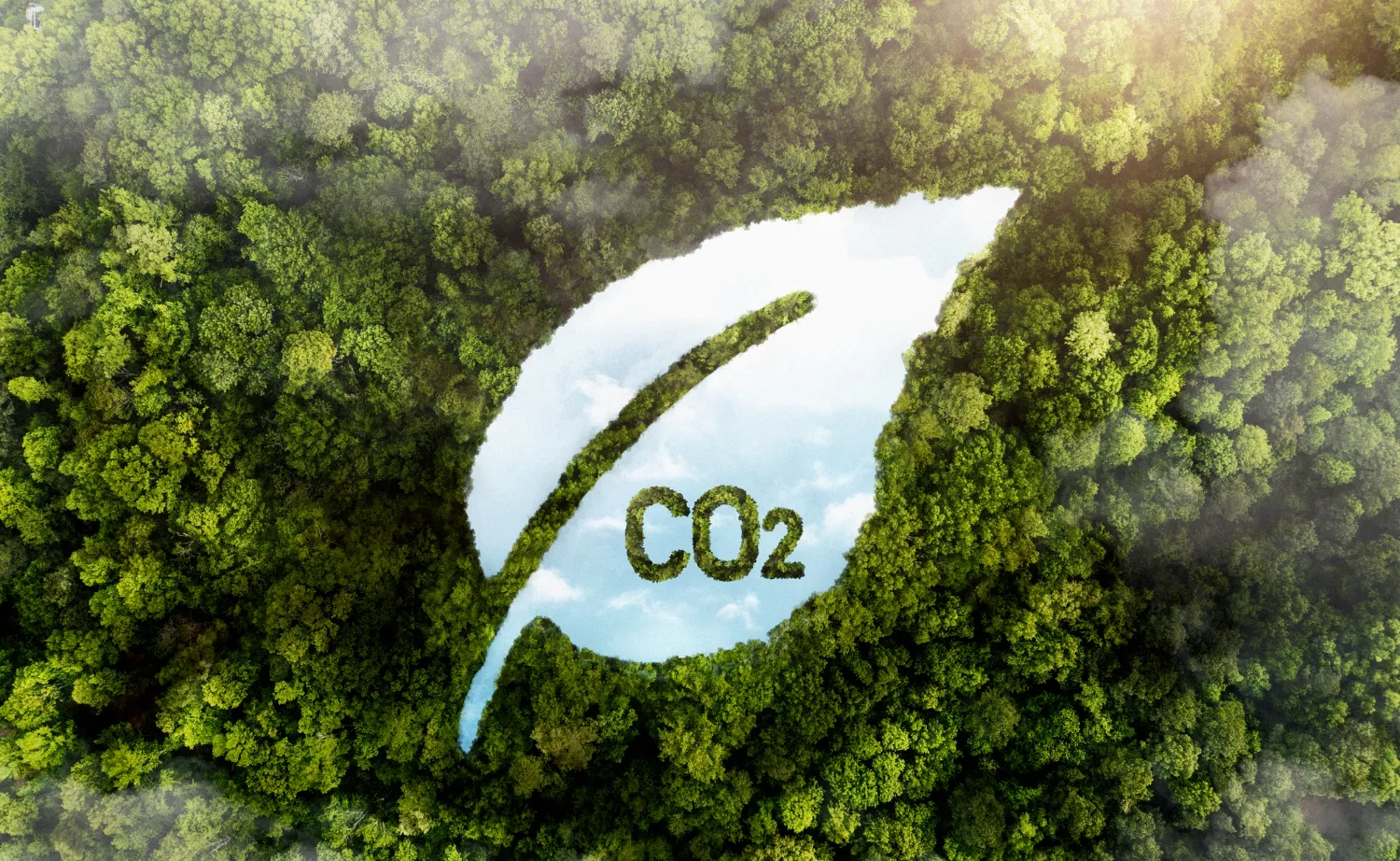
Mapped according to GHG Protocol Product Standard.

We are part of the Frank Bold Expert Group
Copyright ©
Aktuální rok script
Frank Bold